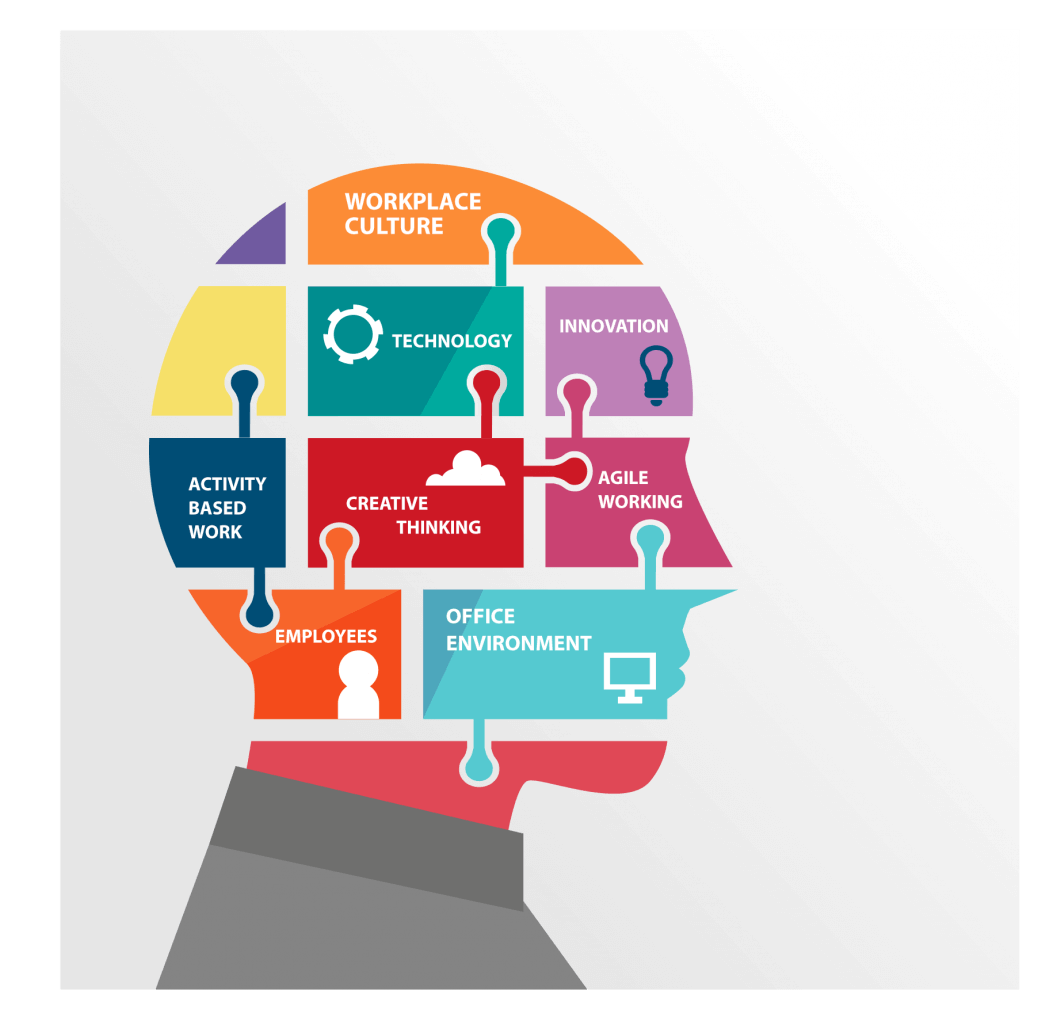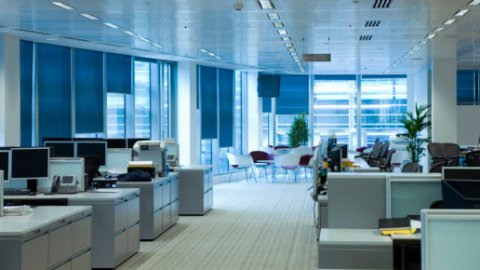Tip #5 Final Challenge – 5 Tips on cost effective Activity Based Working and Flexi-Desking solutions
There’s a big elephant in the room, it’s been around for a while but creeps into our workplaces disguised as an emergent new threat.
Resistance to change
When it comes to Hot Desking, ABW and Flexible environments, this can play a major role within an organisation… so where does it stem from?
Let’s clear the air on the biggest challenges a flexible environment transition is likely to face:
- Technologies must be put in place to achieve a transition
- Workplace culture must be at a level allowing the transition
- A workplace manager (or admin, IT, HR) must spearhead office space management
- Workplace activities “how we work” must change
It’s no secret that most businesses are resistant to change from small and mediums to government and corporate departments.
Does this really have to be such a painful experience?
As with any project, we must introduce changes in phases albeit one (small) positive step at a time!
Barriers to ABW and Hot Desking
In a recent study conducted by Samsung, we saw some very notable barriers to activity-based working in workplaces:
- Staff prefer role-based working and their own desk
- Company culture, hierarchy
- Security concerns
- Requires Business Unit Managers approvals
- Skills to implement
- Network to support (technological)
Some of our earlier suggestions regarding more cost effective activity-based working solutions may alleviate some of the above but not entirely circumvent them.
The golden ticket to dealing with these challenges can be found in your very own workplace and it all starts with a culture shift!
Workplace Culture and Adaptation
The dramatic shift in workplace culture due to flexi-environments alone can be an overwhelming concept for most businesses.
The workplace is becoming a more critical point of failure for many businesses with the rise of tech giants leading the way in new, innovative, appealing and creative work environments. A silent war exists to gain favour of the more experienced and skilled staff who seek more attractive workplaces and offerings (with an emphasis on culture).
The Keys to Transitioning
Simply put, your employees are the keys to a successful transition.
Regardless of how or what you choose to do, engaging with your staff is KEY.
To achieve this, you’ll need to:
- Plan your transition(s)
- Break down the project into manageable parts
- Produce a schedule for the transition
- Know your space! (The first thing we mentioned in our initial article Tip #1)
- And most importantly, make sure all changes are introduced in phases
For example, if you plan on introducing a new telephone system, locker system and eDocument management system as part of a new initiative for moving to a new office, introduce these elements for some time prior to moving office.
Identify the staff encountering the most difficulty dealing with the new systems and hold short sessions to discuss and work through it.
A phased approach and staff engagement will ensure the only thing that happens after a physical office relocation is the move itself so staff are not experiencing a new office, new way to work, new phones (and so on) in the one hit. This would be overwhelming and in many cases, businesses see a significant rise in resignations as people leave this ‘unfamiliar’ workplace.
Final Touches
We’ve discussed affordable means to achieve flexible work environments and suggested a wide range of ways to deal with challenges.
Contact us if you want a free consultation on flexible environments, moving offices or managing your existing workspace better!
Sometimes all you need is someone to point you in the right direction. If the #5 tips are insufficient, don’t hesitate to seek assistance from an external source.











